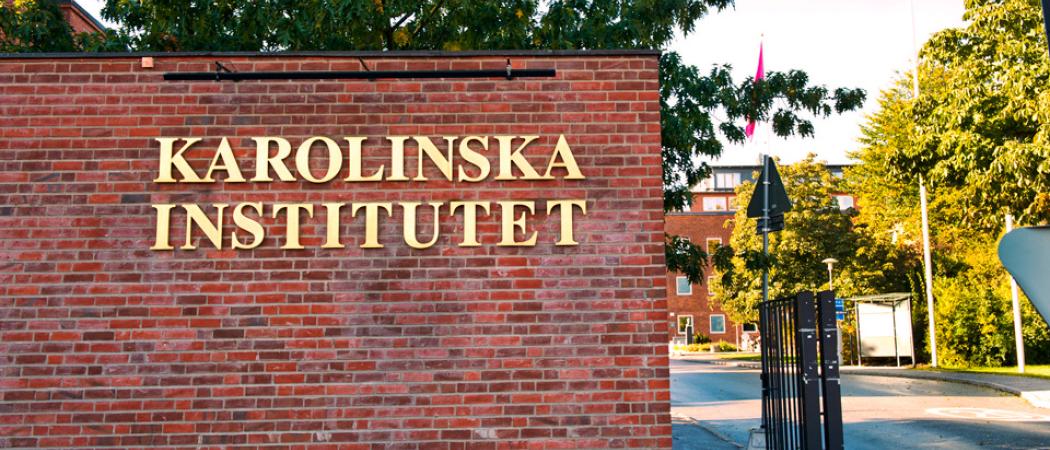
The Karolinska Institute entrance. Photo: Linda Lindell
The Swedish Higher Education Authority (UKÄ) has levelled serious criticism at Karolinska Institutet in a supervisory decision delivered to the Board of Karolinska Institutet, regarding issues relating to Paolo Macchiarini’s activities at KI during the period 2013-2016. UKÄ has reviewed a number of issues that fall within the Authority’s remit.
In its decision, UKÄ confirms that KI has failed to fully investigate Macchiarini’s secondary activities, failed to investigate a number of suspicions regarding misconduct in his research, been deficient in those investigations into research misconduct that have actually been instigated into Macchiarini, and extended one of his appointments in contravention of Karolinska Institutet’s appointments procedure.
As a result of these failures, during 2018 UKÄ will monitor KI’s work on the action plan, review governance documents and cases in selected areas and conduct specific sampling.
Overall, UKÄ presents criticisms raised in the external investigation commissioned by the Board of Karolinska Institutet in February 2016, following the massive criticism directed at KI in connection with SVT’s television documentary Experimenten (the Experiment). This external investigation, led by Sten Heckscher, presented its findings in September 2016. The recommendations contained in Heckscher’s report, as well as the internal audit conducted at CLINTEC, form the basis for the action plan presented by the then vice-chancellor in October 2016.
Mikael Odenberg, chair of the Board of Karolinska Institutet, today commented on UKÄ’s decision:
“Karolinska Institutet and the Swedish Higher Education Authority are in full accord with regard to KI’s management of a number of issues related to Paolo Macchiarini’s activities. It is apparent that control was lost in the pursuit of scientific excellence and that serious mistakes and errors were made at KI. Under the leadership of KI’s vice-chancellor, comprehensive efforts are now underway to implement the action plan based on the recommendations made by Sten Heckscher at the behest of the Board. This work is intended to quickly rectify the obvious flaws in, among other things, internal regulations and their application and working practices,” says Mikael Odenberg, who continues:
“I welcome the fact that during 2018, UKÄ intends to monitor this work and the implementation of the action plan. We see this as welcome support for our continued efforts. However, the action plan is only a small part of the necessary measures. In the long term, it is a matter of changing our culture and attitudes, of raising ethical issues to a higher level in both education and research, and of ensuring good regulatory compliance and a greater ethical awareness throughout the organisation. The fact that the judiciary did not consider it possible to bring Macchiarini to account further underlines the responsibility that rests with academia to keep its own house in order.”
Ole Petter Ottersen, vice-chancellor of Karolinska Institutet, also welcomes UKÄ’s decision:
“This decision will be followed up and will complement all of the other work we are doing to ensure regulatory compliance and ethical awareness within the organisation. UKÄ’s scrutiny will also be linked to our new Strategy 2030, work on which is already underway. Now is the time to look to the future. KI must emerge stronger from this crisis,” says Ole Petter Ottersen.
This release was first published 9 November by Karolinska Institutet.





 A unique international forum for public research organisations and companies to connect their external engagement with strategic interests around their R&D system.
A unique international forum for public research organisations and companies to connect their external engagement with strategic interests around their R&D system.